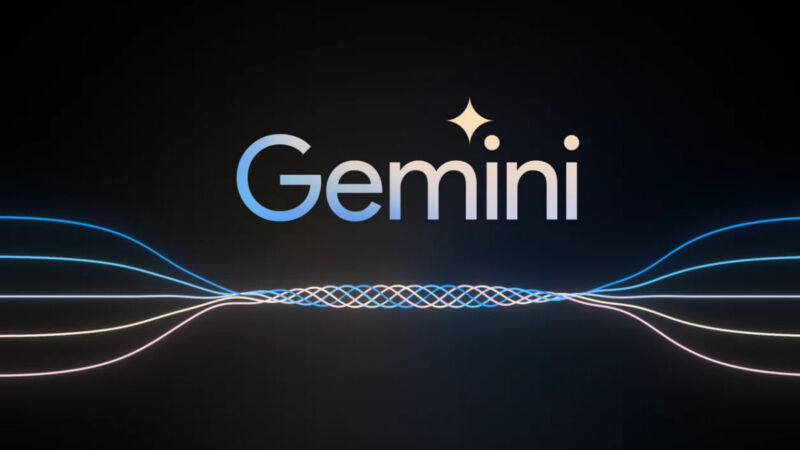Due to AI fakes, the “deep doubt” era is here

Enlarge (credit: Memento | Aurich Lawson)
Given the flood of photorealistic AI-generated images washing over social media networks like X and Facebook these days, we're seemingly entering a new age of media skepticism: the era of what I'm calling "deep doubt." While questioning the authenticity of digital content stretches back decades—and analog media long before that—easy access to tools that generate convincing fake content has led to a new wave of liars using AI-generated scenes to deny real documentary evidence. Along the way, people's existing skepticism toward online content from strangers may be reaching new heights.
Deep doubt is skepticism of real media that stems from the existence of generative AI. This manifests as broad public skepticism toward the veracity of media artifacts, which in turn leads to a notable consequence: People can now more credibly claim that real events did not happen and suggest that documentary evidence was fabricated using AI tools.
The concept behind "deep doubt" isn't new, but its real-world impact is becoming increasingly apparent. Since the term "deepfake" first surfaced in 2017, we've seen a rapid evolution in AI-generated media capabilities. This has led to recent examples of deep doubt in action, such as conspiracy theorists claiming that President Joe Biden has been replaced by an AI-powered hologram and former President Donald Trump's baseless accusation in August that Vice President Kamala Harris used AI to fake crowd sizes at her rallies. And on Friday, Trump cried "AI" again at a photo of him with E. Jean Carroll, a writer who successfully sued him for sexual assault, that contradicts his claim of never having met her.
